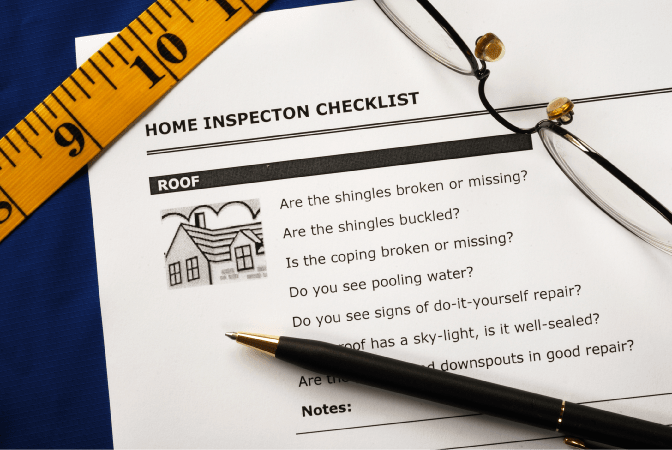Project Description
Home Inspection Tips For Buyers

The Contract Sets The Rules For The Inspection
• Understand paragraph 21 of the agreement of sale.
• Review the definition of a “major defect”: a deficiency that causes an item to be unsafe or not perform its intended function.
• The Seller is not required to correct “maintenance items.”
• There will be minor problems the seller won’t have to fix.
Attend The Inspection
You will learn many worthwhile things about the property.
Further Inspection Costs Are Responsibility Of Buyer
• Home inspectors are “generalists” and often call for further evaluation by specialists (i.e. HVAC system or roof.)
• The Buyer must pay the additional inspection costs.
Follow-Up Inspections Must Be Completed Within Time Frame
• Do Inspections Right Away! It can be difficult to have a specialist complete inspection at the last minute.
• If all inspections are not completed by the dates in the contract, the issue is waived.
Dates For Responses Must Be Strictly Followed
DON’T MISS DUE DATES. If major defects are not reported to Seller by the date listed in the contract, home inspection contingency may be waived.
Bring The Seller’s Disclosure Form To Inspection
• Review the Seller’s disclosures in advance and have a copy ready in case an issue is raised by the inspector.
• Depending on the circumstances, the Seller may not be required to correct previously fully disclosed defects.
The Contract Addendum Should Be Specific
Under the agreement of sale, the Seller has the right to choose who performs the repairs. If the Buyer wants a certain contractor to do the repairs, it should be agreed to by the Seller in the addendum.
Monitor Repairs
Under the contract, the Seller is required to provide written proof of completion 2 days before closing. Don’t wait until settlement to discover a problem. At that point, options are limited.
Trust the experience of Ward & Taylor, LLC to guide you through this intricate process.
These are guidelines, not legal advice. Facts affect legal conclusions. © Ward & Taylor, LLC



